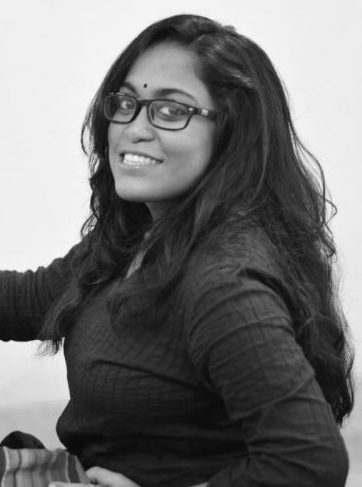Dec 18, 2018 21:13 UTC
| Updated:
Dec 19, 2018 at 08:14 UTC
Day 1 Roundup: Global Blockchain Consensus, Kolkata
By Rishma Banerjee
As has been reported before by, us, the Global Blockchain Conference kicked off today at the Biswa Bangla Convention Centre, in Kolkata, West Bengal. The first day, started with the felicitation of guests, followed by the welcome address by Mr. Debashis Sen, the Additional Chief Secretary, Department of Information Technology & Electronics. This was accompanied by a special address by Mr. Ambarish Dasgupta and Mr. Mikhail Stronchinskiy.
It was after this that the formal keynote session was started. All the speakers spoke about various Blockchain related issues, for about 25 minutes, which was started by Dr. Bimal Roy, a Padmashree awardee and a faculty at the Indian Statistical Institute. He spoke about the development and the usages of cryptographic hash function while emphasizing that the SHA 3 algorithm was much better than the SHA 2 algorithm. He also elaborated on what was a Merkle tree in blockchain, and how it works. He also spoke about the various use cases for the technology.
https://twitter.com/btc_wires/status/1074902002470146048
Next up was Ms. Rosine Kadamani, the Co-founder of the Blockchain Academy in Brazil. She spoke about what the blockchain technology actually was and how it was related to bitcoins, emphasizing on the various uses and developments that cryptocurrencies have brought about and how. She was followed by Prof. Bart Preneel, from the Belgian University of Leuven, who explored the history of the development of blockchain and examined the public infrastructures available. He also went into the details of the algorithm behind the blockchain technology and what impact the shared governance of the crypto space has on its development.
https://twitter.com/btc_wires/status/1074916068332728320
Following Bart Preneel was India’s own Sreeram Anathasayanam, who serves works with blockchain technology at the Indian office of consultant MNC PwC (PricewaterhouseCoopers). He elaborated on how the technology which was mainly created to provide trust was not being able to and went on to discuss how that problem can be tackled, at least in the near future. he said that blockchain was an ecosystem-based issue, where, educational and strategic clarity was of immense importance for its proper projected growth.
The keynote session ended with Ms. Mani Dasgupta, the CMO of IBM Global Businesses Services who spoke about how the question of trust was of utmost importance in this sphere, and emphasized on the various ways, that the market could be swayed in favor of an idea, that might bring about revolution in the crypto world. She said:
Pick the right market, ask the right questions, think about the outcome, not the buzzwords. Blockchain was created to simplify transactions. If I cannot explain it to my 9 year old, then in all likelihood, it is not going to work in the market.
The keynote session was followed by a Quiz about blockchain, for the participants and the audience members, after which started the “Call for Projects” demonstrations. Here, many new and upcoming startups pitched their ideas, to the panel of experts and the audience. some of the startups who were there were Benefits, Intelizest, Inficom among others.
The panel discussion was the last of Day 1’s events and was being moderated by Mr. Thampy Koshy a partner at Ernst & Young India. The panel, which discussed about “Transformed India Using Blockchain” consisted of Prof. Dhiren Patel, Director of VJTI; Mr. Ram Kiran Dhulipala , Strategy and Operations Officer, Director General’s Office at ICRISAT; Mr. Subbu Jois Founder, Aurigraph.IO, Mr. Prasanna Lohar Head Innovation and Architecture of DCB Bank, Mr. Pavan Adipuram , Founder and CEO ofChitMonks and Mr. Dilip Krishnaswamy, VP New Tech Initiatives, Reliance Jio Infocomm.
They spoke on a range of topics varying from tokenizing academic credits to how India must ensure to face the challenges posed by the adoption of the technology heads on, with corresponding policy modifications and the cooperation of the governments here, to how blockchain will make mass scale data aggregation way more efficient, a field that India with her tremendous population can put to good use. They also spoke about the intermediation of the supply chain where the involvement of many informal players and a lack of transparency leads to problems. Day 1 ended on a high note after a networking high tea.

Rishma is currently pursuing a bachelor’s degree in International Relations and has a special place in her life for sifting through all sorts of random trivia, thank you very much.


























































